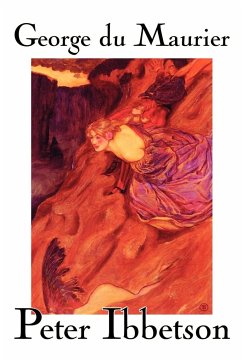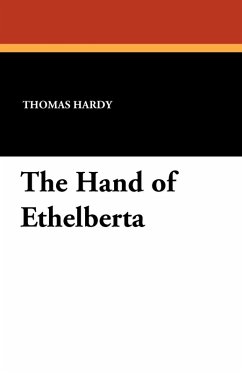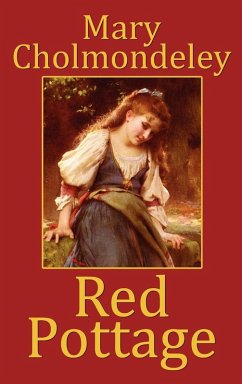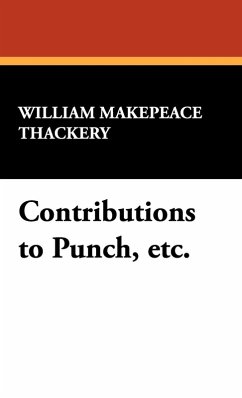This witty collection of stories, narrated by the cockney footman Charles J. Yellowplush, showcases Thackeray's sharp satirical voice. Through the perspective of this shrewd yet unpolished servant, Thackeray critiques the upper classes and their moral failings with humor and irony. The stories highlight the absurdities and hypocrisies of Victorian society, offering a clever commentary on class distinctions and human nature.
Hinweis: Dieser Artikel kann nur an eine deutsche Lieferadresse ausgeliefert werden.
Hinweis: Dieser Artikel kann nur an eine deutsche Lieferadresse ausgeliefert werden.








